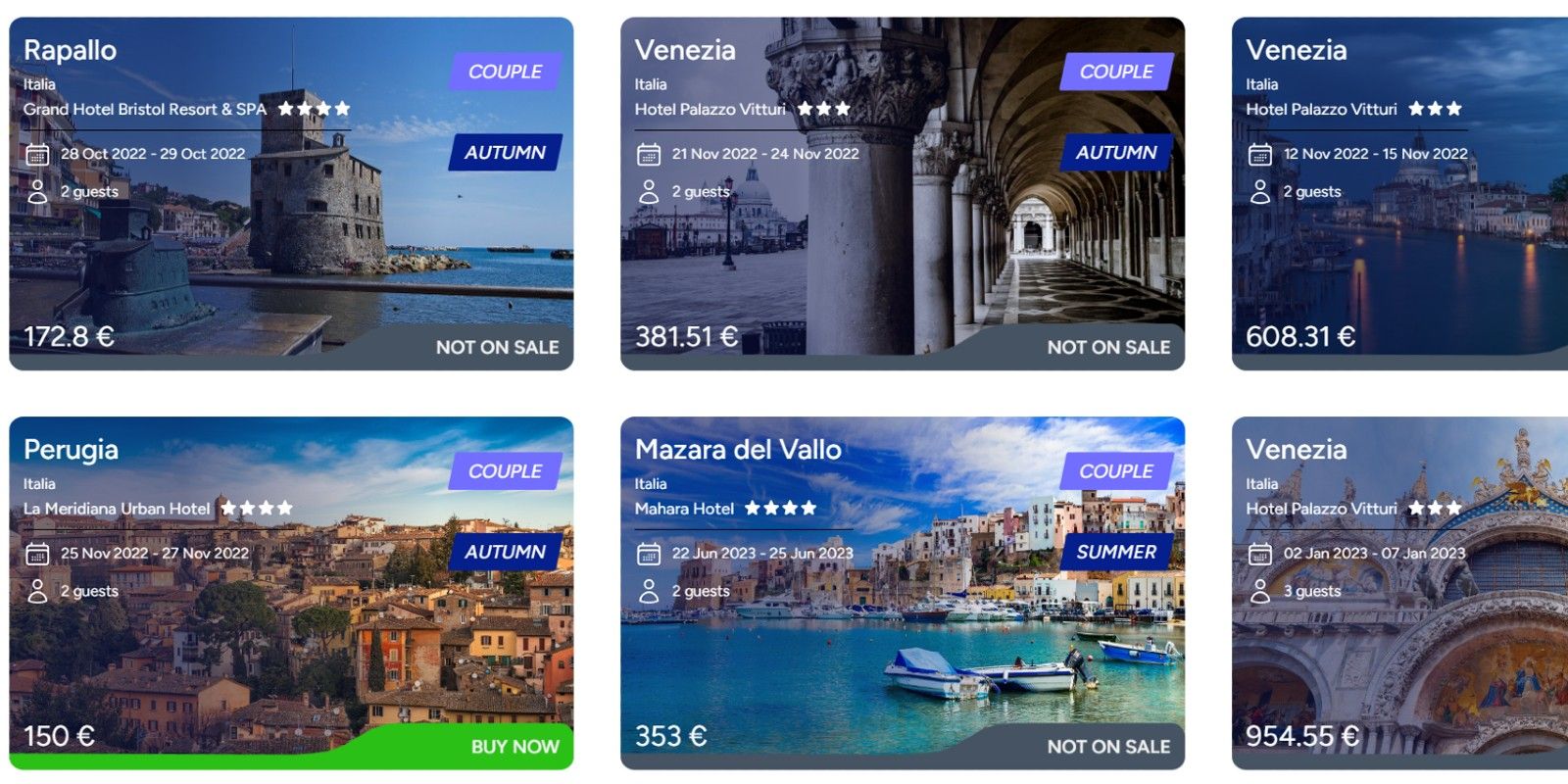An Italian startup called Takyon is now selling holiday bookings as resellables NFTs, providing yet another new use for NFTs that doesn’t involve expensive JPEGs. Vacations and travel bookings aren’t the first thing people would think of turning into tradable digital assets, but the idea has merit. NFTs (or ‘non-fungible tokens’) are digital items that can be owned and traded between users of a blockchain network, although they can also exist for non-transferable utility purposes. They are closely related to the digital collectibles industry, but this is a very small niche of what NFTs are capable of doing.
NFTs gained a negative public image in 2021 during the NFT craze which resulted in crypto fortunes being made by NFT speculators who bought and flipped every new ‘expensive JPEG’ collection that fell, ultimately culminating in NFT prices crashed and people were wrecked. Now that the hype is gone, NFT technology innovation can continue and new use cases can be created for them, instead of all the money flowing to the next overhyped profile picture collection.
In accordance BeInCrypto, Takyon offers the option to purchase non-refundable travel bookings in the form of an NFT. These orders are sold for 20 percent less, and they can be listed and resold on Takyon’s marketplace as late as one day before check-in, should plans suddenly change. Takyon focuses on vacations for Italy at this time, but the startup is looking to expand its network of partners and destinations users can choose from. Users do not need to own or create a crypto wallet, nor do they need to own any cryptocurrencies, and everything is handled with conventional Web2 technology and fiat currencies.
What problems do holiday NFTs solve?
As NFT and GameFi explains, vacation plans can change suddenly and put vacationers or booking companies in a difficult spot. Customers often take a complete loss on non-refundable vacation packages that they cannot use, or they have to pay more for a refundable vacation that they may not need to refund. Takyon’s NFT vacations are non-refundable and 20 percent cheaper, and if plans change, vacationers can list their order on the company’s online marketplace for someone else to buy, getting some or all of their expenses back, or even Make Money . Users do not need a crypto wallet or cryptocurrencies to take advantage of this feature.
While Takyon states that the orders are NFTs, there is no mention of blockchain technology. It is possible that there are no NFTs or Web3 technology involved at all, and what is being sold instead is a Web2 product imitating NFT functionality. However, there isn’t much of an advantage to creating blockchain-native NFTs for travel bookings in the first place, other than being able to list them on NFT exchanges like OpenSea.
Either way, Takyon is innovating a new application area for NFT technology, whether they use blockchain for it or not. They may be trying to lure in the crypto crowd for a product that otherwise doesn’t need to use the term ‘NFT’ to be seen as a good idea. Given the win-win benefits for both sides of the deal, it seems likely that Takyon may have pioneered a new approach to handling travel bookings, even if they don’t use real NFTs.
Source: BeInCrypto, Takyon, NFTandGameFi



